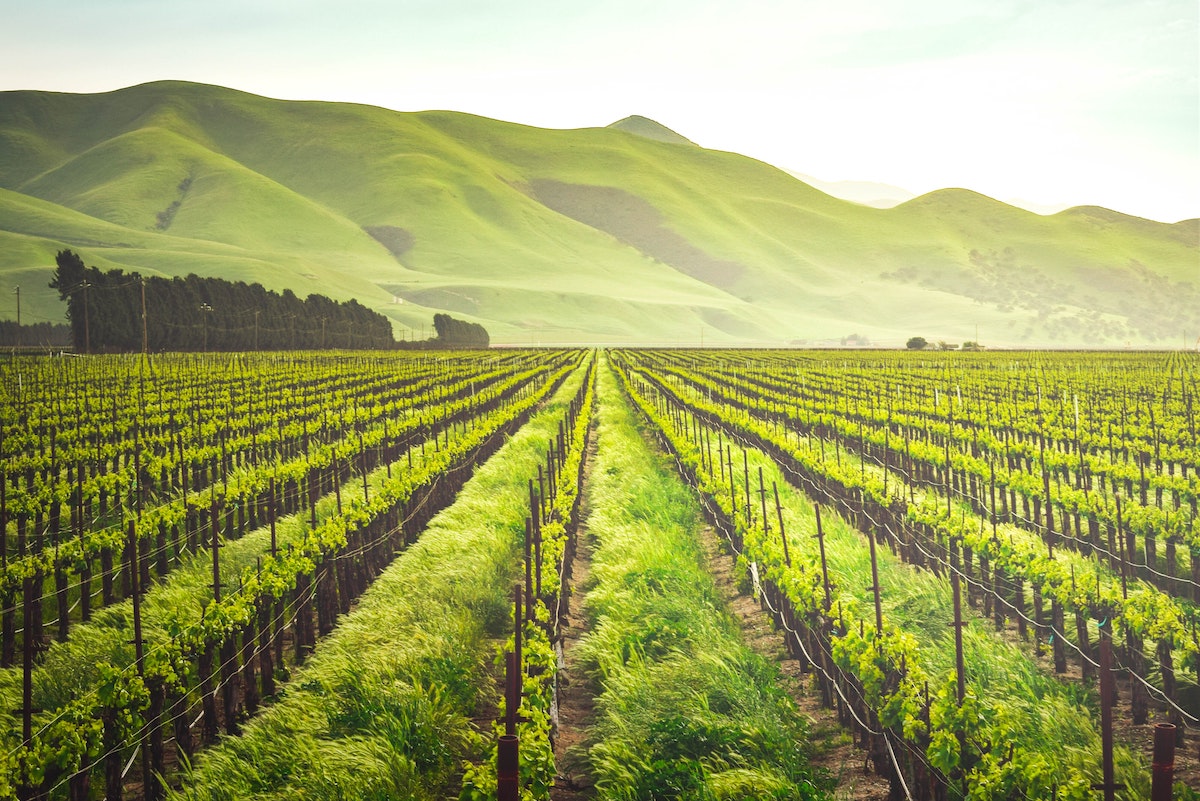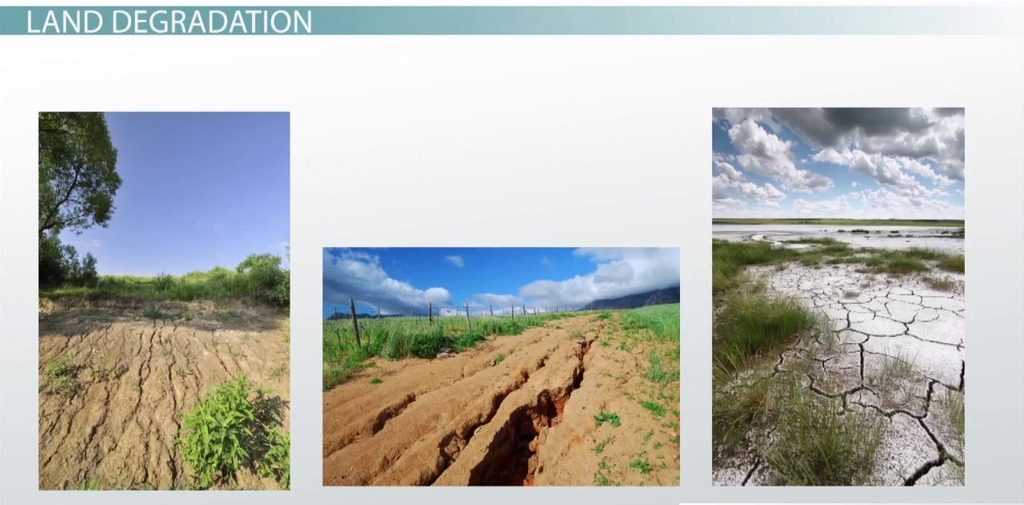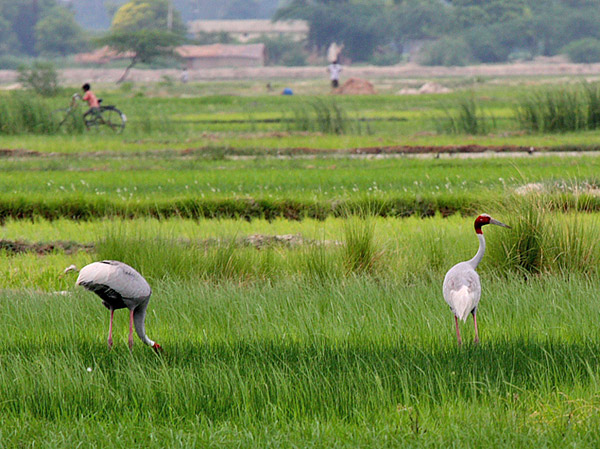Introduction
Small-scale farming is the backbone of many local and sustainable food systems around the world. These farmers often prioritize quality over quantity, engage in organic and environmentally friendly practices, and contribute to the diversity of our food sources. However, despite their essential role, small-scale farmers face a multitude of challenges that threaten their livelihoods. In this blog post, we’ll delve into these challenges and offer insights into how they can be overcome.
The Challenges of Small-Scale Farming
- Limited Resources
Small-scale farmers typically operate on a shoestring budget. They have limited access to capital, land, and equipment, which can hinder their ability to expand production and invest in modern farming technologies. This limitation can result in lower yields and reduced profitability.
Solution: To overcome resource limitations, small-scale farmers can explore partnerships with local agricultural cooperatives or seek grants and subsidies available for sustainable farming practices. Additionally, adopting efficient farming techniques, such as crop rotation and vertical farming, can optimize resource usage.
- Market Access and Distribution
Getting products to market can be a significant challenge for small-scale farmers. They often struggle with distribution logistics and may lack access to well-established market channels. This can lead to surplus crops, wastage, and financial instability.
Solution: Small-scale farmers can overcome distribution challenges by participating in farmers’ markets, joining community-supported agriculture (CSA) programs, or collaborating with local restaurants and grocery stores. Building a strong online presence through social media and e-commerce platforms can also help them reach a wider customer base.
- Climate Change and Weather Variability
Climate change has intensified weather patterns, making it more challenging for small-scale farmers to predict and prepare for weather-related disasters. Droughts, floods, and extreme temperatures can devastate crops and livestock.
Solution: Farmers can adapt to climate change by implementing sustainable farming practices, such as rainwater harvesting, drought-resistant crop varieties, and shade structures for livestock. They should also stay informed about weather forecasts and invest in crop insurance to mitigate financial risks.
- Knowledge and Education
Many small-scale farmers lack access to modern agricultural knowledge and training. They may rely on traditional farming methods passed down through generations, which can be less efficient and environmentally friendly.
Solution: Local agricultural extension services, community workshops, and online resources can provide valuable education and training opportunities for small-scale farmers. These programs can help them learn about sustainable practices, pest control, and modern farming techniques.
- Land Access and Land Use Policies
Securing land for small-scale farming can be a significant hurdle, especially in regions with high real estate prices and complex land use policies. Land tenure insecurity can hinder long-term planning and investment.
Solution: Advocating for land reform and working with local policymakers to develop land access programs can help small-scale farmers secure land for their operations. Land trusts and conservation easements are other strategies to consider.
- Pests and Diseases
Small-scale farmers often lack the resources to combat pests and diseases effectively. Without proper pest management, crops can be decimated, leading to financial losses.
Solution: Integrated pest management (IPM) practices, which combine biological, chemical, and cultural control methods, can help small-scale farmers protect their crops without relying heavily on costly pesticides. Regular monitoring and early intervention are key to successful pest and disease management.
Conclusion
Small-scale farming is vital for sustainable agriculture and food security, but it comes with its share of challenges. Limited resources, market access, climate change, knowledge gaps, land access, and pest management are just some of the obstacles small-scale farmers face. However, with the right solutions and support systems in place, these challenges can be overcome.
By embracing sustainable farming practices, collaborating with local communities, and advocating for policy changes, small-scale farmers can not only survive but thrive in an ever-changing agricultural landscape. Their commitment to quality, environmental stewardship, and community well-being makes them essential contributors to a resilient and sustainable food system.





